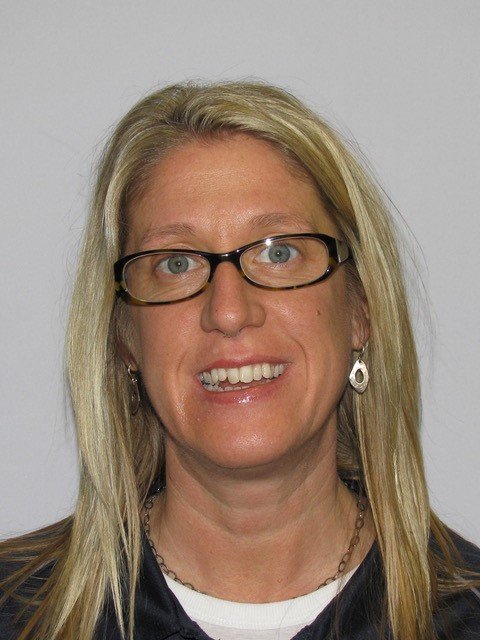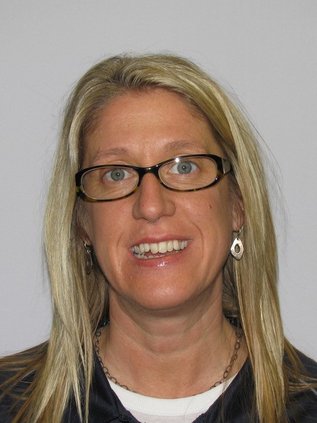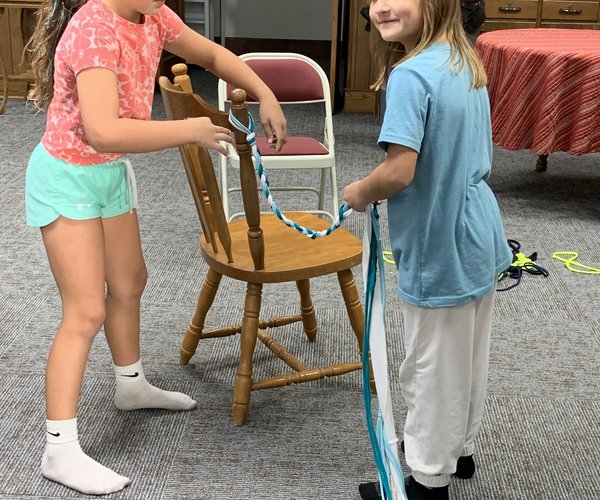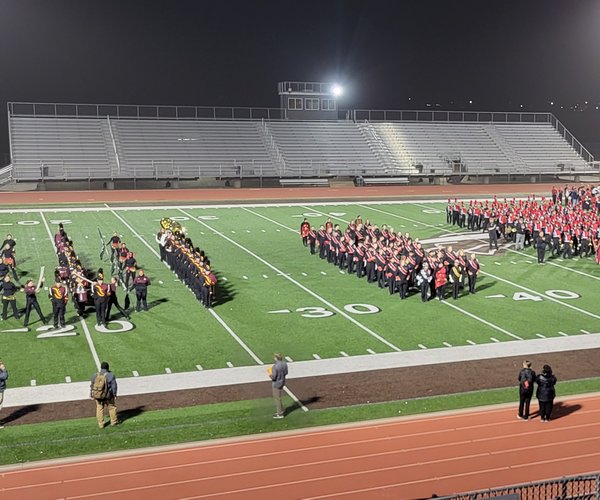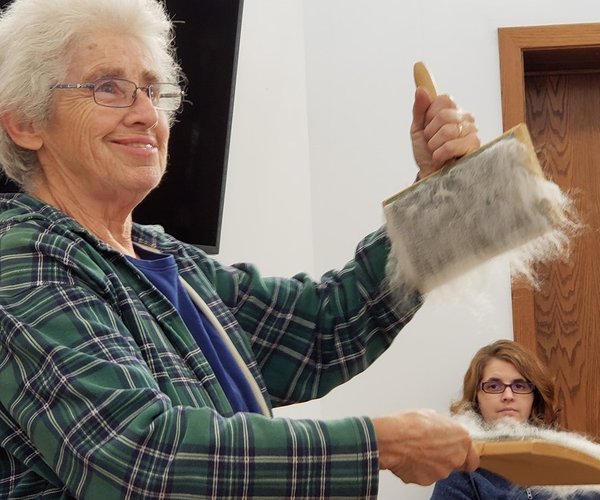Juvenile Services Director Marissa Woodmansee presented an update on “Stepping Up for Juvenile Justice in Kansas” at this week’s Barton County Commission meeting.
Working with community partners, her office focuses on prevention efforts before youth have to interact with the criminal justice system due to behavioral issues.
Interactions with juveniles are described at five levels, called “intercepts.”
Intercept Zero is the prevention and early intervention level. There are several outside resources, Woodmansee noted.
“We have the schools, we have our SROs (School Resource Officers), we have our specialized services with Sunflower Early Ed and ABA (Applied Behavior Analysis), and you have general services. We offer intake and assessment.”
Juvenile Services offers voluntary, walk-in services and Family Advocates. Other resources include recreation centers, substance abuse/behavioral health counseling, and help with employment, she continued. “ I want to emphasize that we have an amazing amount of prevention afforded to all youth in this community.”
At Intercept 1, youth and law enforcement have crossed paths in a way that requires action. Law enforcement has options to make an arrest or issue a notice to appear. After Juvenile Services Intake and Assessment, the juvenile can be released back to the community with or without restrictions. “We take that very seriously when we are considering detaining a youth,” she said.
Next comes Intercept 2, when an initial detention Diversion is still a possibility. “The courts have 48 hours to make a decision if they’re going to continue to hold that youth. ... I would say again we have great partnership and collaboration with our courts and are partners, because we do have other alternatives to detention.”
Options become fewer at Intercept 3, judicial processing. The progression reflects holding youth accountable for their behavior.
Intercept 4, detention, starts with a Kansas Juvenile Corrections Complex (KJCC) sentence. The maximum age a juvenile can stay in the complex is 23 years.
That isn’t the end of the story for the juveniles. Intercept 5 is reentry and aftercare. This may be overseen by Court Services in cases of low- to moderate-risk youth or Probation for high- or very high-risk youth. All youth and families have access to Functional Family Therapy and other services.
Stepping Up for Youth
Earlier this year, Great Bend was the meeting place for the official kick-off of the Stepping Up for Youth Initiative, which supports young people involved in the juvenile justice system and those at risk of becoming involved. Barton County is one of only seven Kansas counties chosen for this pilot program. The meeting at the Great Bend Events Center was a full-day training session for professionals from the local area and around the state.
“When they had that meeting, they looked at the disparities in criminal justice, mental-health crisis care, data-driven justice solutions and collaboration with other justice agencies,” Woodmansee said. In the future, that could create new opportunities such as drug court or other programs that would come to Barton County and serve the best interests of all, not just Juvenile Services. “I think that there’s just a greater opportunity for more conversation as to what that could look like.”
There will be another in-person meeting of the pilot groups on Nov. 13, where they will talk about what’s working and what’s not working.
Nine months into the Stepping Up for Youth Initiative, the members will make recommendations to the Legislature for the adaptation of better policies over time.
The other counties involved in the pilot program are Shawnee, Franklin, Johnson, Bourbon, Sedgwick and Seward.
To learn more about the program, see https://www.gbtribune.com/news/local-news/stepping-up-for-youth-pilot-program-kicks-off-in-great-bend/.
